interview (Page 5)
The Tokyo International Film Festival (from hereon, TIFF) started on Oct. 22 and is being held for 10 days. This year’s anime feature is none other than Gundam. The show’s creator, Yoshiyuki Tomino, appeared at the talk show hosted as part of this special project and also found time in his busy schedule to give a combined interview to overseas media.
As further proof that cats rule the Internet and humanity at large, the relaxed, mostly goal-less mobile app time waster, Neko Atsume—which tasks players with simply collecting a bunch of cartoon cats and kind of just watching them do stuff—proved a massive success in Japan despite a distinctive lack of explosions, destruction and, er, constantly running from left to right that are the typical hallmark of successful mobile games.
In fact, the game is so popular among cat lovers (read: everyone) that the Japanese version of the game began trending abroad, even though the large majority of fans surely had to resort to Internet guides to make any sense of the Japanese kanji plastered all over the in-game menus and inventory.
Said fans were in for a great surprise, though, when last week, developer Hit-Point updated the game with full English support thanks to renowned localization agency 8-4. We had a chance to sit down with the 8-4 team and chat about the behind-the-scenes work that went into localizing the app for an English speaking audience.
Love it or hate, there’s no doubt that many Dragon Ball Z fans growing up in the United States and other English-speaking countries got their start by watching Funimation’s English dub of the series. Once a staple of Cartoon Network’s weekday Toonami programming lineup back in the early 2000s, hearing the English voices of Goku and Vegeta, played by Sean Schemmel and Christopher Sabat respectively, is sure to induce a wave of nostalgia for many present-day “kids” now approaching their 30s.
In fact, the two veteran voice actors were recently featured in reddit’s Ask Me Anything series of video interviews. Join us after the jump to hear the duo’s candid thoughts about a variety of topics, including being asked to sign babies’ diapers, texting in Vegeta’s persona, playing pranks with kazoos, and female Super Saiyans!
It’s turning out to be an interesting post-season in Major League Baseball. In the American league we have the Toronto Blue Jays coming off a stellar late regular season and into their first real World Series attempt since the 90s. Meanwhile, over in the National League the Cubs are inching closer to a possible first World Series win in over a century, made even more eerie by its prediction in Back to the Future II (minus the Miami Gators).
As an added bonus, more games for Toronto means more interviews with infielder Munenori Kawasaki. Charged up by their victory over Texas in the AL Division series, Munerin was in rare form.
If you hail from one of the many developed nations that comprehensively frowns on the practice of whaling, you may have the image that an appalling number of people in Japan eat whale meat. And while that may be true in relative terms compared to extremely low number of people who regularly eat whale meat in several parts of North America and Europe, whaling can be a divisive topic even within Japan. Some Japanese have no problem with dining on whale from time to time, treating it like just a meatier, gamier fish. Others think eating whale is a custom that’s long past its time and needs to be rethought.
To get a preliminary understanding of some of the many different opinions on the issue that exist in the country, we interviewed a number of Japanese people and asked them whether they were in favor of or opposed to whaling and eating whale meat.
You can find canned coffee almost anywhere in Japan. First invented and introduced to the Japanese market in 1969, canned coffee sales really started taking off in the 1980s. Admittedly my first canned coffee experience left me wondering what all the hype was about, but now, perhaps as a result of better production methods or acquiring a taste for it after living here so long, I have to admit nothing beats the satisfaction you feel sipping on a warm can of coffee from the vending machine just as the weather starts getting chilly.
Of course, when it comes to coffee, many people think of Italy. Along with pasta and pizza, coffee is a huge part of Italian food culture. In fact, the country has over 160,000 small cafes serving coffee, drinks, and light eats from morning to evening. So how exactly would Japanese canned coffee fare with Italian locals with a refined taste for excellent coffee? RocketNews24 decided it was worth making the trip over to ask.
Japan has a plethora of products that are weird even by the standards of many Japanese, like these big booty mouse pads Sir Mix-a-Lot would approve of, cosplay outfits for pets, or photo books dedicated to male nipples. But perhaps some of the country’s most unique products to spend your cash on are just everyday items you can find in most Japanese homes.
Our Japanese site was curious to find out if foreigners could identify some of these “strange” household staples, so they sent a reporter to interview people from different countries on the streets of Tokyo to see what they had to say.
Wang Sicong, the son of the richest man in China, did an incredibly frank interview with the BBC for its three-part documentary on Chinese youth.
We caught the interview via Shanghaiist.
He said that for people in his generation, escaping China’s strict political system “would be suicide.”
Urbangarde first caught my attention last year with the release of their video for “Sakura Memento”, a song off the 2014 album Utsukushii Kuni. I’ve been rocking out to their music and pondering their quixotic videos in the many months since then, enjoying their mix of pop, rock, and electronic music. So when a chance meeting resulted in the opportunity to sit down and talk with the band’s vocalists Yoko Hamasaki and Temma Matsunaga, I nearly popped out of my skin with excitement!
If you’ve ever wondered how they come up with lyrics, why they’re so “negative,” and whether they enjoy touring or recording more, read on. Also, be sure to check out their latest video for the new single, “Coin Locker Babies”, after the jump!
For many young people in Japan, August means summer vacation, festivals and free time. For fourth-year university students however, it means time to start interviewing for jobs. The job-hunting process in Japan is long, grueling and very systematic, culminating in interview after interview for the jobless, soon-to-graduate, young adults.
Interviews can be nerve-wracking for even the most experienced candidates, but Japanese companies don’t always ask the most predictable questions. In fact, some of their questions can be downright weird. Many of these oddball interview questions, however, may not actually be legal.
Why do we love Japan so much? What drives us to obsess over its culture, language, food, and everything else? Why do we keep coming back day after day to read articles about a country that, for many of us, is on the other side of the planet? For some the answer is easy, but for others, not so much.
One group for whom foreigners’ love of Japan is especially difficult to comprehend is the Japanese people themselves. Many of them have no idea why so many of us would bother to take an interest in Japan, much less learn its intimidating language. In an effort to try to figure this out, one of our RocketNews24 Japanese writers who lives in England did some investigate journalism and interviewed three students studying Japanese at the University of Cambridge.
Do their reasons for loving Japan match yours? Read on to find out!
If you’re feeling a little jaded on romance in these days of impersonal dating apps, casual hookups and seeing who can pretend to be the most indifferent, then pull up a chair and watch this heart-warming video! RocketNews24’s intrepid team of reporters hit the streets of Sugamo, Tokyo to interview some of the shopping district’s oldest and wisest residents on matters of the heart, touching on topics such as money vs looks, where to find hot guys in Tokyo, and why you’re never too old to fall in love.
You could say that the traditional Japanese sword, or katana, symbolizes the strength and beauty of the Japanese spirit. We see these swords quite often in comics, anime and movies, but how well do we really know the spiritual and cultural elements they embody?
To find out, we went to a true expert to learn about the fascinating and mysterious world of Japanese swords. Join us for an in-depth interview with master katana maker Norihiro Miyairi!
Chiba Prefecture‘s very own superhero, Chibatman, has been making headlines in Japan and abroad since he began his campaign to keep Chiba’s streets safe. Often spotted zooming around on his custom-built Chibatpod (aka Batcycle), he’s also been seen making speeches at official events, and he’s even received the Chiba Police Force’s official approval to continue his activities.
Today, we’re excited to bring you an exclusive interview with Chibatman himself! We visited him at his home in Chiba to get the lowdown on the man behind the mask!
When you ask people where they would live if they could move anywhere in the world, a lot of times they’ll stick with their home countries. We don’t blame them! After all, their family is probably there, they are used to the culture and lifestyle, moving to a new country would, frankly, be tough.
But, what if you could move your whole country with you? Our RocketNews24 reporters braved the cold on the streets of Tokyo’s Shinjuku district to ask passersby, “Where would you move Japan, if you could?”
The serialized nature of manga means booming success can really sneak up on artists and publishers alike. When Masashi Kishimoto turned in his pages for the very first chapter of his new series Naruto back in 1999, he probably didn’t know he was about to create one of the most popular manga ever, but that’s exactly what he did.
Kishimoto didn’t just earn himself 15 solid years of steady work, though, but also the continual march of tight deadlines that come with writing and drawing a hit manga. Despite being one of the biggest names in the industry, Kishimoto had only found time to give one TV interview during Naruto’s serialization, but now that the series has finally come to a close, he’s appeared before the camera again, in a special interview held in the studio where he put pen to paper and brought one of Japan’s most beloved comics to life.
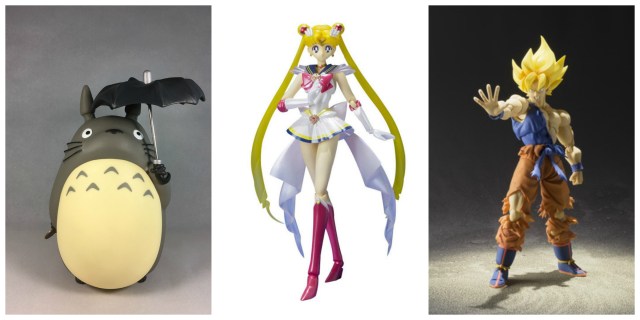
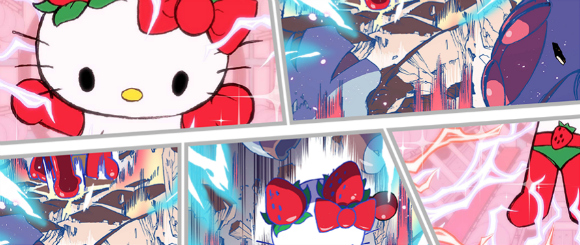

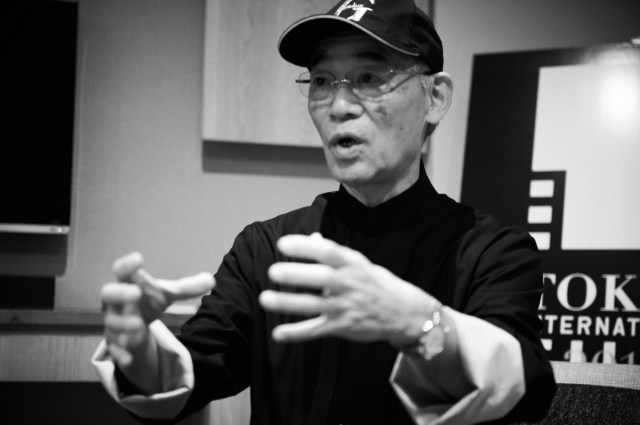
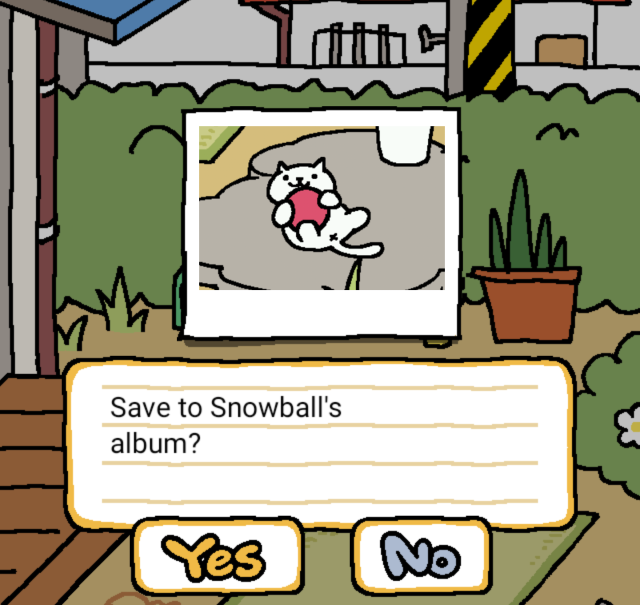
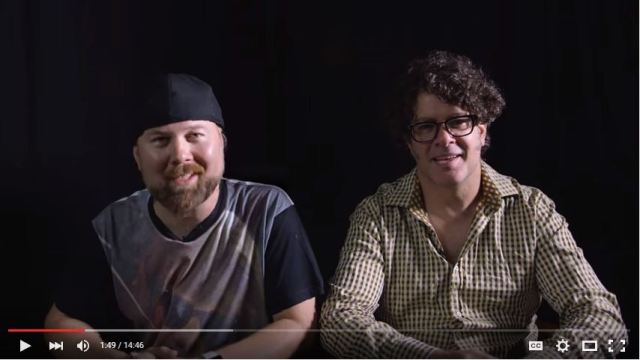

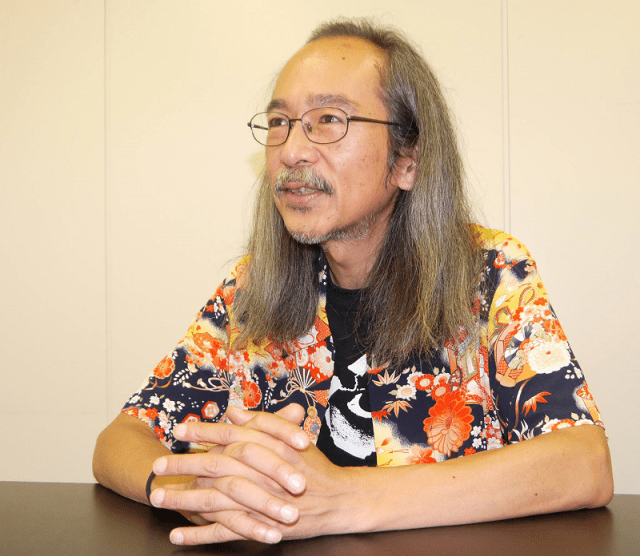
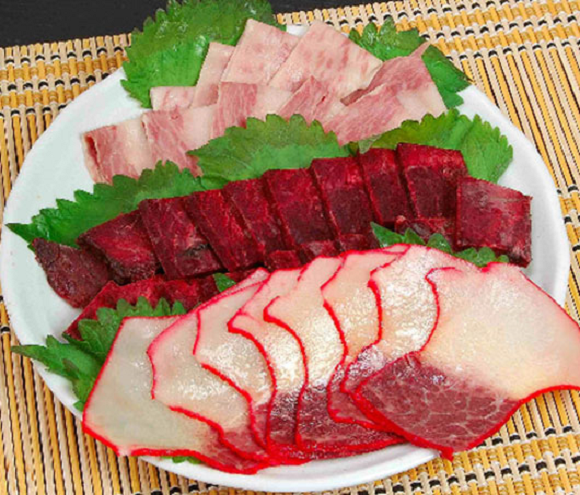

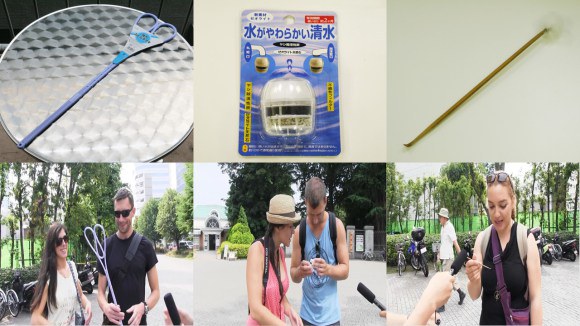
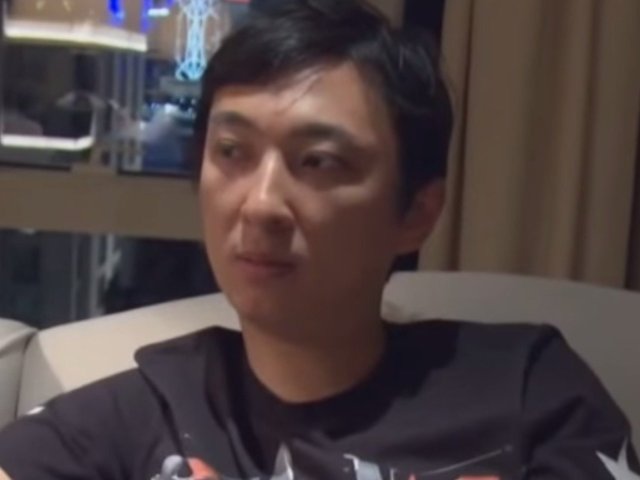
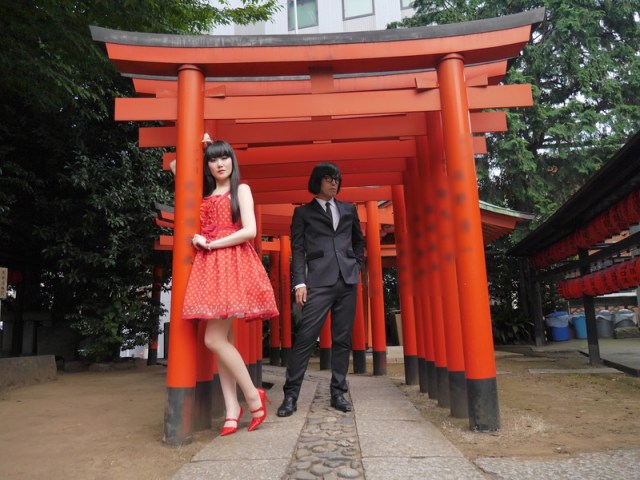


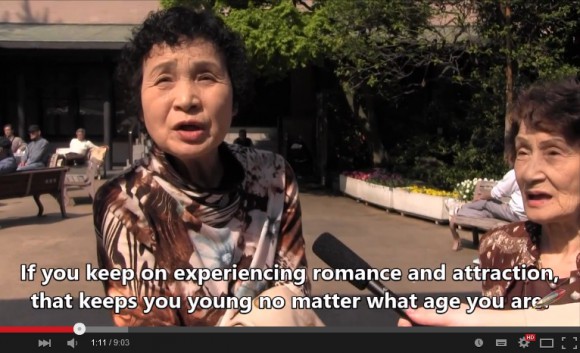
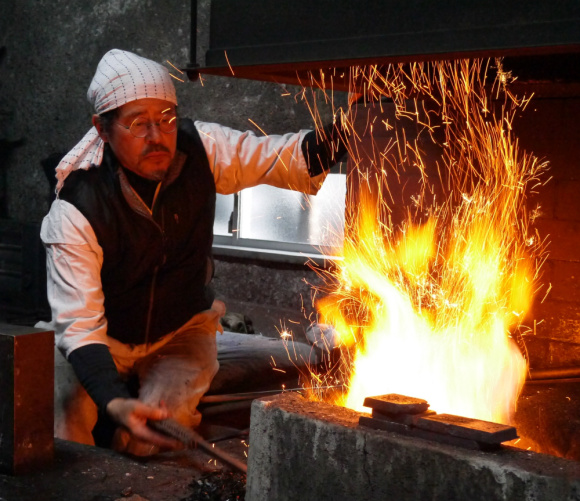

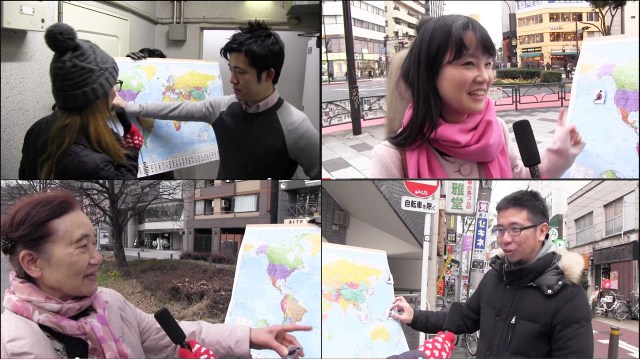
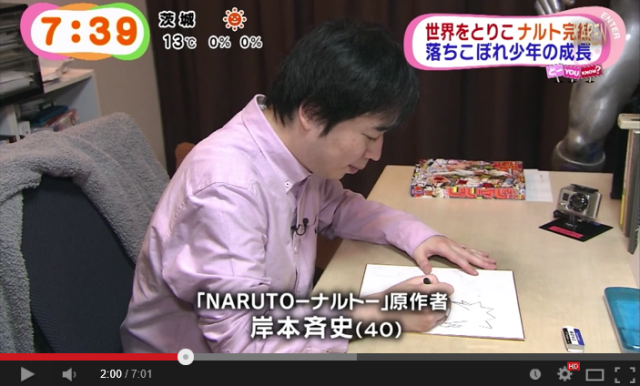
 Burning through cash just to throw things away tops list of headaches when moving house in Japan
Burning through cash just to throw things away tops list of headaches when moving house in Japan Yakuzen ramen restaurant in Tokyo is very different to a yakuza ramen restaurant
Yakuzen ramen restaurant in Tokyo is very different to a yakuza ramen restaurant Osaka establishes first designated smoking area in Dotonbori canal district to fight “overtourism”
Osaka establishes first designated smoking area in Dotonbori canal district to fight “overtourism” Hey, 2020s kids! The ’90s have a sticker picture message waiting for you in Tokyo
Hey, 2020s kids! The ’90s have a sticker picture message waiting for you in Tokyo Cute cats and sakura cherry blossoms meet for a deliciously sweet collaboration
Cute cats and sakura cherry blossoms meet for a deliciously sweet collaboration Tokyo Skytree turns pink for the cherry blossom season
Tokyo Skytree turns pink for the cherry blossom season We tried six Japanese burger chains’ coffee to test the state of fast food coffee in Japan[Taste test]
We tried six Japanese burger chains’ coffee to test the state of fast food coffee in Japan[Taste test] The 10 most annoying things foreign tourists do on Japanese trains, according to locals
The 10 most annoying things foreign tourists do on Japanese trains, according to locals Foreign tourists in Japan will get free Shinkansen tickets to promote regional tourism
Foreign tourists in Japan will get free Shinkansen tickets to promote regional tourism Strongest-ever Dodekamin energy drink approved by Japan’s Home Economics Dragon
Strongest-ever Dodekamin energy drink approved by Japan’s Home Economics Dragon Starbucks Japan releases new sakura goods and drinkware for cherry blossom season 2026
Starbucks Japan releases new sakura goods and drinkware for cherry blossom season 2026 Naruto and Converse team up for new line of shinobi sneakers[Photos]
Naruto and Converse team up for new line of shinobi sneakers[Photos] Now is the time to visit one of Tokyo’s best off-the-beaten-path plum blossom gardens
Now is the time to visit one of Tokyo’s best off-the-beaten-path plum blossom gardens Starbucks Japan unveils new sakura Frappuccino for cherry blossom season 2026
Starbucks Japan unveils new sakura Frappuccino for cherry blossom season 2026 Is Sapporio’s Snow Festival awesome enough to be worth visiting even if you hate the snow? [Pics]
Is Sapporio’s Snow Festival awesome enough to be worth visiting even if you hate the snow? [Pics] Japan has trams that say “sorry” while they ride around town…but why?
Japan has trams that say “sorry” while they ride around town…but why? Sakura Totoro is here to get spring started early with adorable pouches and plushies
Sakura Totoro is here to get spring started early with adorable pouches and plushies Poop is in full bloom at the Unko Museums for cherry blossom season
Poop is in full bloom at the Unko Museums for cherry blossom season Japan’s newest Shinkansen has no seats…or passengers [Video]
Japan’s newest Shinkansen has no seats…or passengers [Video] Foreigners accounting for over 80 percent of off-course skiers needing rescue in Japan’s Hokkaido
Foreigners accounting for over 80 percent of off-course skiers needing rescue in Japan’s Hokkaido Super-salty pizza sends six kids to the hospital in Japan, linguistics blamed
Super-salty pizza sends six kids to the hospital in Japan, linguistics blamed Archfiend Hello Kitty appears as Sanrio launches new team-up with Yu-Gi-Oh【Pics】
Archfiend Hello Kitty appears as Sanrio launches new team-up with Yu-Gi-Oh【Pics】 Take a trip to Japan’s Dododo Land, the most irritating place on Earth
Take a trip to Japan’s Dododo Land, the most irritating place on Earth China’s don’t-go-to-Japan warning looks to be affecting tourist crowds on Miyajima
China’s don’t-go-to-Japan warning looks to be affecting tourist crowds on Miyajima Survey asks foreign tourists what bothered them in Japan, more than half gave same answer
Survey asks foreign tourists what bothered them in Japan, more than half gave same answer Japan’s human washing machines will go on sale to general public, demos to be held in Tokyo
Japan’s human washing machines will go on sale to general public, demos to be held in Tokyo Starbucks Japan releases new drinkware and goods for Valentine’s Day
Starbucks Japan releases new drinkware and goods for Valentine’s Day We deeply regret going into this tunnel on our walk in the mountains of Japan
We deeply regret going into this tunnel on our walk in the mountains of Japan Studio Ghibli releases Kodama forest spirits from Princess Mononoke to light up your home
Studio Ghibli releases Kodama forest spirits from Princess Mononoke to light up your home Major Japanese hotel chain says reservations via overseas booking sites may not be valid
Major Japanese hotel chain says reservations via overseas booking sites may not be valid Put sesame oil in your coffee? Japanese maker says it’s the best way to start your day【Taste test】
Put sesame oil in your coffee? Japanese maker says it’s the best way to start your day【Taste test】 No more using real katana for tourism activities, Japan’s National Police Agency says
No more using real katana for tourism activities, Japan’s National Police Agency says Tokyo Skytree turns pink for the cherry blossom season
Tokyo Skytree turns pink for the cherry blossom season We tried six Japanese burger chains’ coffee to test the state of fast food coffee in Japan[Taste test]
We tried six Japanese burger chains’ coffee to test the state of fast food coffee in Japan[Taste test] The 10 most annoying things foreign tourists do on Japanese trains, according to locals
The 10 most annoying things foreign tourists do on Japanese trains, according to locals Foreign tourists in Japan will get free Shinkansen tickets to promote regional tourism
Foreign tourists in Japan will get free Shinkansen tickets to promote regional tourism Strongest-ever Dodekamin energy drink approved by Japan’s Home Economics Dragon
Strongest-ever Dodekamin energy drink approved by Japan’s Home Economics Dragon Just how clean are Japan’s high-tech public restroom bidet-equipped toilets?
Just how clean are Japan’s high-tech public restroom bidet-equipped toilets? McDonald’s Japan’s matcha dessert family grows with the new strawberry green tea Frappe
McDonald’s Japan’s matcha dessert family grows with the new strawberry green tea Frappe How to make curry in a rice cooker with zero prep work and no water[Recipe]
How to make curry in a rice cooker with zero prep work and no water[Recipe] Shibuya Station’s Hachiko Gate and Yamanote Line stairway locations change next month
Shibuya Station’s Hachiko Gate and Yamanote Line stairway locations change next month Japanese vending machines now sell pearl jewellery
Japanese vending machines now sell pearl jewellery How to get to east Japan’s best highway rest stop for foodies without a car of your own
How to get to east Japan’s best highway rest stop for foodies without a car of your own Japanese Fans, Official Translator Weigh in on Netflix Evangelion English Subtitle Debate
Japanese Fans, Official Translator Weigh in on Netflix Evangelion English Subtitle Debate